
Uyole: The Heartbeat of Mbeya
Uyole, a vibrant neighborhood in Mbeya, Tanzania, offers a unique blend of natural beauty and cultural richness. Nestled at the foot of the scenic Mbeya Range, Uyole is an ideal destination for nature enthusiasts and adventure seekers. The area is known for its lush greenery, rolling hills, and breathtaking views of the surrounding landscape. Visitors can enjoy hiking, bird watching, and exploring the nearby forest reserves. Uyole is also a cultural hub, offering a glimpse into the local way of life. The neighborhood is dotted with bustling markets, where you can find an array of local produce, crafts, and textiles. The warm and welcoming residents are always eager to share stories and traditions, making your visit a truly immersive experience. Don’t miss the chance to sample authentic Tanzanian cuisine at one of the many local eateries. In addition to its natural and cultural attractions, Uyole is conveniently located near several key landmarks in Mbeya. The Mbeya University of Science and Technology and the Mbeya Regional Hospital are just a short distance away, making Uyole a practical base for your explorations. Whether you’re looking to connect with nature, immerse yourself in local culture, or simply relax and unwind, Uyole has something for everyone.
Local tips in Uyole
- Visit the local markets early in the morning for the freshest produce and best bargains.
- Wear comfortable hiking shoes to fully enjoy the outdoor trails and scenic views.
- Engage with the locals; they are friendly and often willing to share insights about the area.
- Try local delicacies like 'ugali' and 'nyama choma' at neighborhood restaurants.
- Bring a camera to capture the stunning landscapes and vibrant street scenes.
Uyole: The Heartbeat of Mbeya
Uyole, a vibrant neighborhood in Mbeya, Tanzania, offers a unique blend of natural beauty and cultural richness. Nestled at the foot of the scenic Mbeya Range, Uyole is an ideal destination for nature enthusiasts and adventure seekers. The area is known for its lush greenery, rolling hills, and breathtaking views of the surrounding landscape. Visitors can enjoy hiking, bird watching, and exploring the nearby forest reserves. Uyole is also a cultural hub, offering a glimpse into the local way of life. The neighborhood is dotted with bustling markets, where you can find an array of local produce, crafts, and textiles. The warm and welcoming residents are always eager to share stories and traditions, making your visit a truly immersive experience. Don’t miss the chance to sample authentic Tanzanian cuisine at one of the many local eateries. In addition to its natural and cultural attractions, Uyole is conveniently located near several key landmarks in Mbeya. The Mbeya University of Science and Technology and the Mbeya Regional Hospital are just a short distance away, making Uyole a practical base for your explorations. Whether you’re looking to connect with nature, immerse yourself in local culture, or simply relax and unwind, Uyole has something for everyone.
Iconic landmarks you can’t miss
Uyole Njiapanda Market
Explore Uyole Njiapanda Market: a vibrant hub of local culture, cuisine, and crafts in the heart of Tanzania.
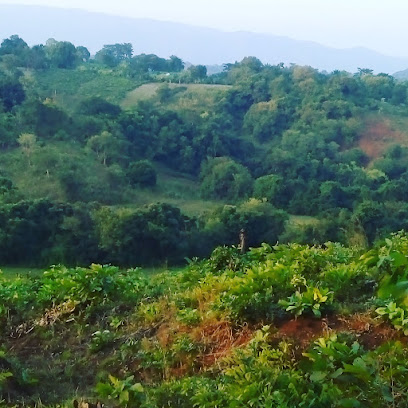
Uyole Junction Lodge
Discover the beauty and warmth of Mbeya at Uyole Junction Lodge, where comfort meets local culture in Tanzania's stunning landscapes.
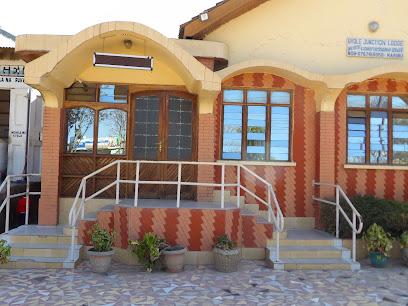
Mbeya IFISI ZOO,museum and ravine
Explore the enchanting Mbeya IFISI Zoo in Mbalizi, a sanctuary for wildlife lovers and a hub for conservation education in Tanzania.
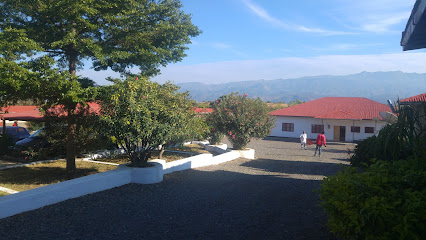
Chikanda Safaris & Adventure
Explore the breathtaking landscapes and wildlife of Tanzania with personalized safari tours and thrilling adventures at Chikanda Safaris & Adventure.
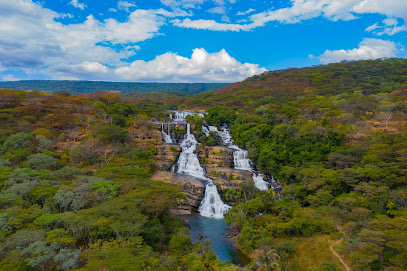
Mzumbe Garden
Discover the tranquility of Mzumbe Garden in Mbeya, a lush oasis perfect for relaxation and nature appreciation during your Tanzanian adventure.
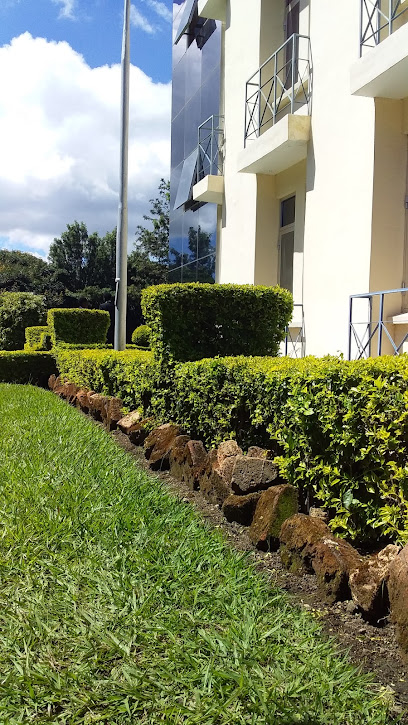
Uyole
Explore Uyole in Mbeya, Tanzania, a vibrant grill destination offering delightful local flavors and a welcoming atmosphere for all travelers.
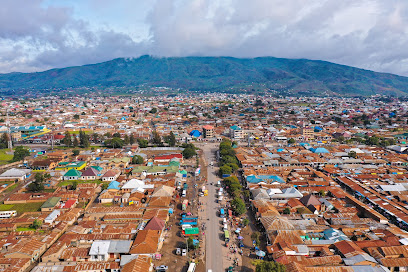
The Great Rift Valley View Point
Discover the stunning landscapes at The Great Rift Valley View Point in Mbeya, Tanzania, a paradise for nature lovers and adventure seekers.
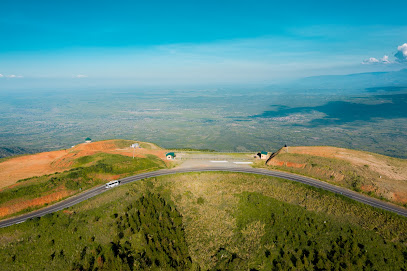
City Garden
Explore the serene beauty of City Garden in Mbeya, a lush retreat perfect for relaxation and enjoying the vibrant flora of Tanzania.
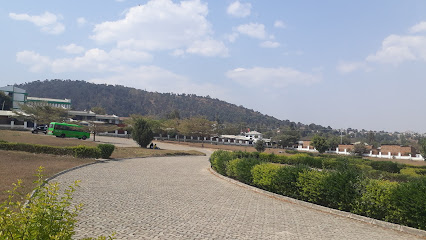
Lake Ngosi View Point
Experience the stunning vistas of Lake Ngosi View Point, the second largest crater lake in Africa, a must-visit for nature enthusiasts and photographers.
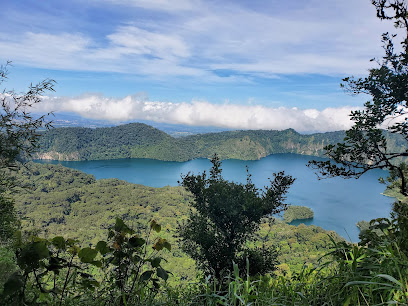
Nane Nane
Explore Nane Nane in Mbeya, Tanzania - a vibrant farmers' market where local culture, fresh produce, and unique crafts come together for an unforgettable experience.
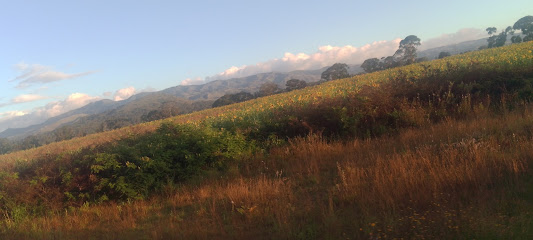
Agricultural Research Institute -Uyole
Discover the Agricultural Research Institute - Uyole in Mbeya, where innovation meets sustainability in Tanzanian agriculture.
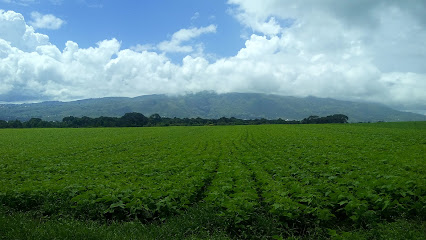
Chunya Road View Point
Experience the stunning vistas of Chunya Road View Point, the highest highway in Tanzania, perfect for nature enthusiasts and photographers.
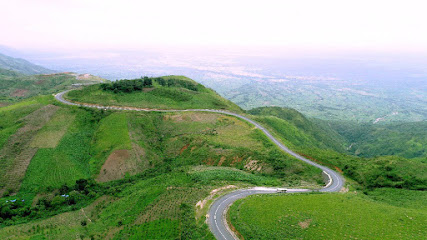
Ivumwe Tree
Explore the Ivumwe Tree, an iconic historical landmark in Mbeya, where nature meets culture in a breathtaking setting.

uyole
Experience the vibrant local culture at Uyole bus stop, a key transit point rich in Tanzanian life and culinary delights.
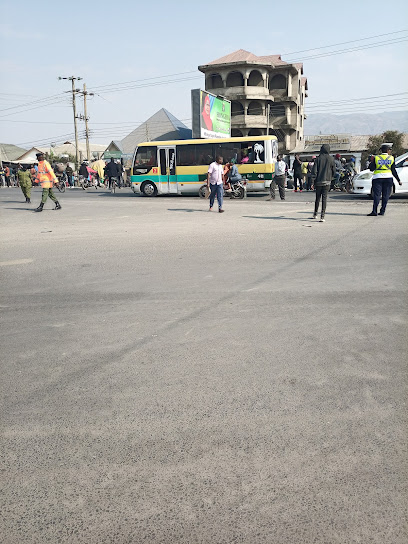
Visit mbeya
Explore the beauty and culture of Mbeya with essential insights from the Tourist Information Center, your gateway to unforgettable experiences in Tanzania.
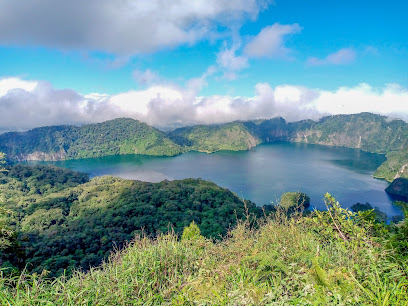
Unmissable attractions to see
Mbeya IFISI ZOO,museum and ravine
Experience the beauty and diversity of wildlife at Mbeya IFISI Zoo in Mbalizi, where adventure meets education for the whole family.
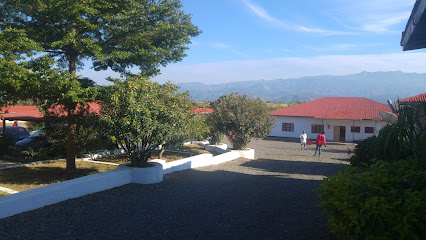
City Garden
Discover the tranquility of City Garden in Mbeya, a vibrant oasis of flora perfect for relaxation and nature strolls, ideal for all visitors.
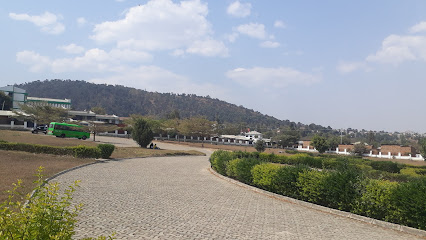
Lake Ngosi water viewing area
Experience the tranquil beauty of Lake Ngosi, a captivating water viewing area in Mbeya, Tanzania, perfect for relaxation and nature photography.
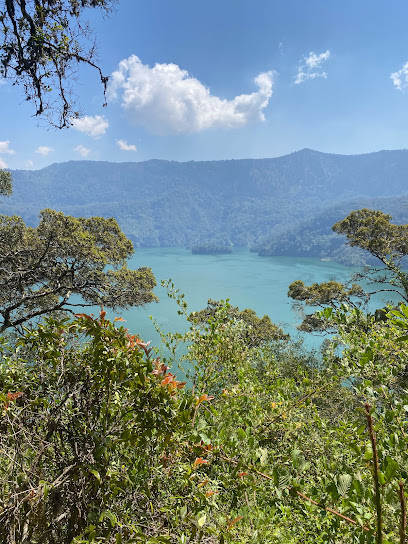
Kawetele mountain
Discover the breathtaking beauty and serene landscapes of Kawetele Mountain in Mbeya, Tanzania - a true gem for nature lovers and adventure seekers.
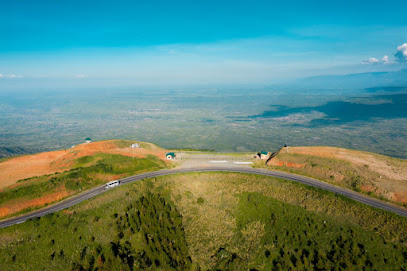
Mti wa asili
Explore the untouched beauty of Mti wa Asili, a stunning natural attraction in Mbeya, Tanzania, perfect for nature lovers and adventure seekers.

MBEYA CITY INTERCHANGE
Explore Mbeya City Interchange, a vibrant hub of culture, commerce, and community in Tanzania's southern highlands.

Punto alto chunya
Experience stunning views and serene landscapes at Punto Alto Chunya, a must-visit tourist attraction in Mbeya, Tanzania.

GREEN CITY (Symbol)
Explore the enchanting Green City in Itagano, Tanzania, where stunning landscapes meet rich cultural heritage in a sustainable paradise.

Essential places to dine
Mbeya Pazuri
Experience the heart of Mbeya at Mbeya Pazuri - a lively bar where local culture meets refreshing drinks and great company.
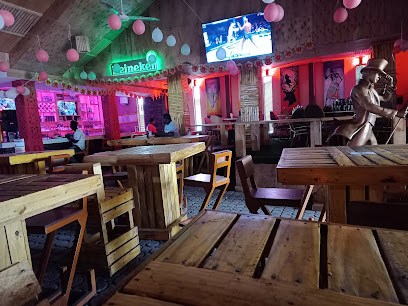
The Ridge Cafe
Discover the delightful flavors at The Ridge Cafe in Mbeya - where every meal is an experience!
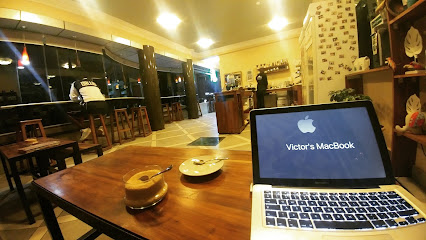
Maua Cafe and Activities
Experience culinary delights amidst nature at Maua Cafe in Mbeya – where every meal tells a story.
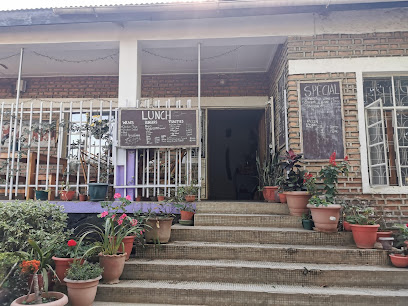
Uyole
Experience the authentic flavors of Tanzania at Uyole - a must-visit destination for grill lovers in Mbeya.
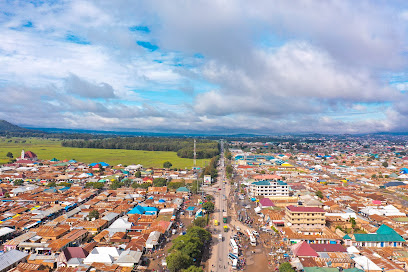
Boss Boss Food and More Restaurant
Discover authentic Tanzanian flavors and international dishes at Boss Boss Food and More Restaurant in Mbeya.
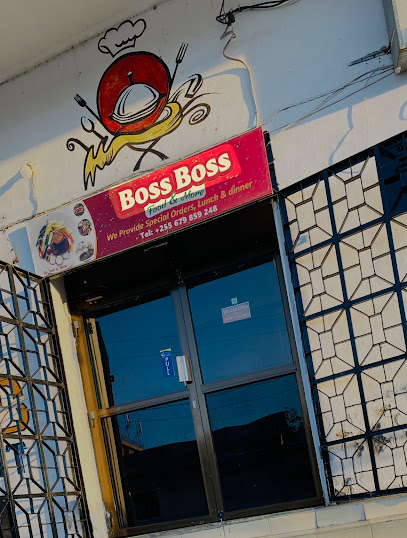
Warsame Guesthouse & Restaurant
Experience authentic Tanzanian cuisine and warm hospitality at Warsame Guesthouse & Restaurant in Mbeya.
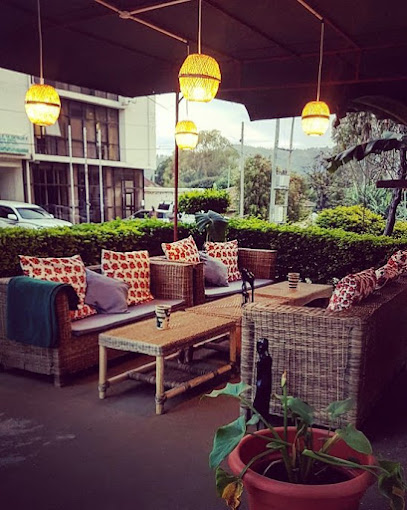
Maracana Lounge
Discover relaxation at Maracana Lounge in Uyole—where great drinks meet an inviting atmosphere for tourists seeking comfort.
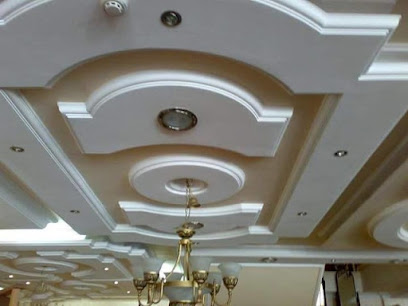
Delicious life restaurant & bakery
Experience authentic Tanzanian flavors at Delicious Life Restaurant & Bakery in Mbeya - where every dish tells a story.
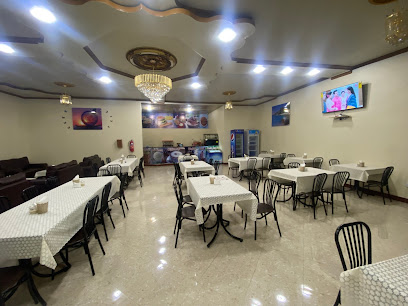
Al Une the pork legends
Experience the rich flavors of Mbeya at Al Une the Pork Legends – where every dish tells a story of culinary excellence.
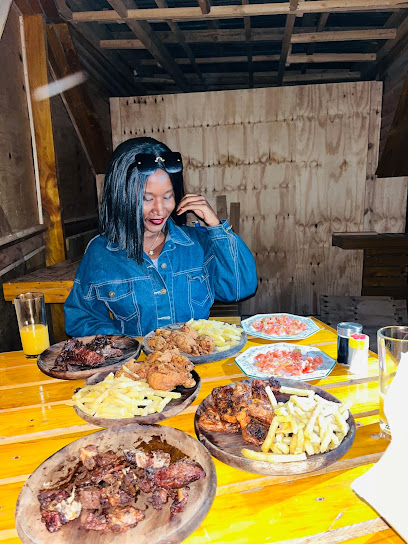
New bex restaurant
Experience authentic Tanzanian flavors at New Bex Restaurant in Uyole - a culinary gem that delights every palate.
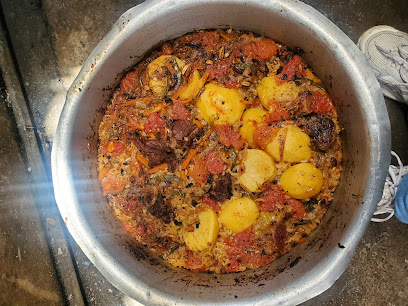
Markets, malls and hidden boutiques
Nyigustore
Explore Nyigustore in Uyole for unique home goods and authentic Tanzanian craftsmanship, perfect for enhancing your living space or souvenir shopping.
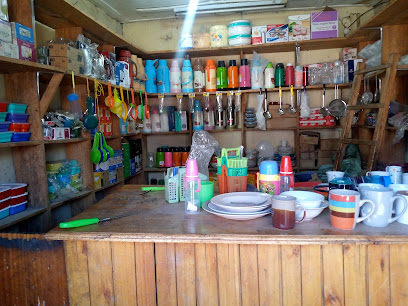
Maggie Homedecor ,Nsalaga
Discover unique home decor treasures at Maggie Homedecor in Uyole, where local craftsmanship meets modern design.
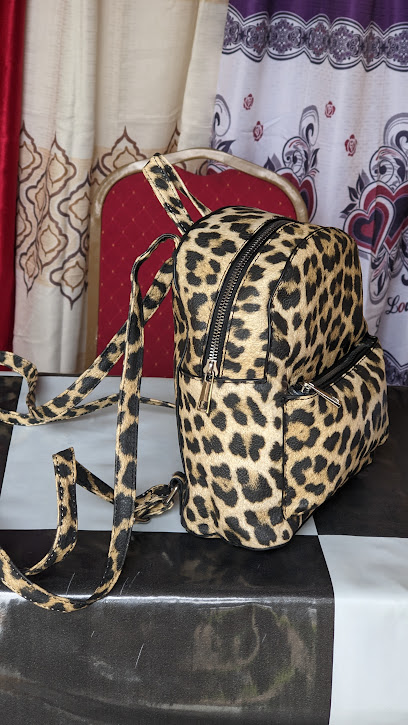
Lucas Wear
Explore the vibrant fashion of Tanzania at Lucas Wear, where local culture meets modern style in the heart of Uyole.
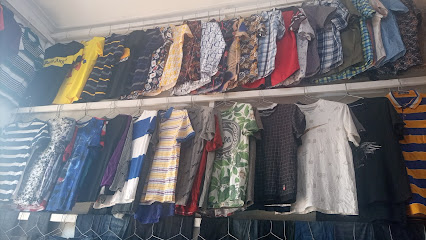
Jojo outfits
Explore Jojo Outfits in Uyole for unique clothing that captures the essence of Tanzanian culture and fashion trends.
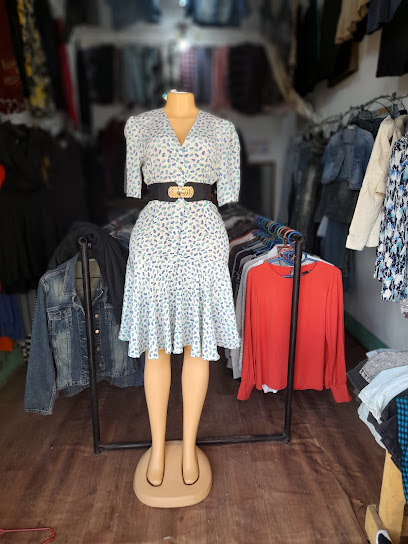
Mzambia shop
Explore the vibrant Mzambia Shop in Uyole for a unique blend of local shopping, culture, and delicious Tanzanian cuisine.

Yette Plaza
Explore Yette Plaza, Mbeya's vibrant general store, where local culture and unique crafts come together to enhance your travel experience.

Kijombo shop
Explore Kijombo Shop in Uyole for unique home goods that reflect the rich culture and craftsmanship of Tanzania, perfect for souvenirs or decor.
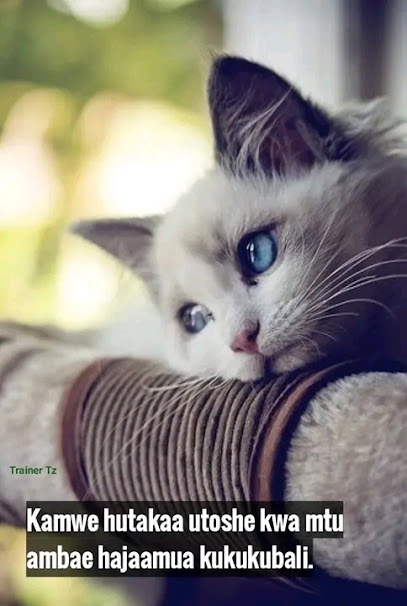
Pess Mutu home
Explore Pess Mutu Home in Uyole for unique Tanzanian crafts and home goods, perfect for souvenirs and home decor.
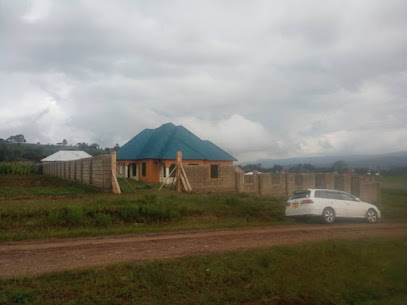
Maggie Homedecor
Explore the vibrant styles of Tanzania at Maggie Homedecor, where local craftsmanship meets modern fashion in Uyole.

Kipepe shop
Discover unique local crafts and home goods at Kipepe Shop in Uyole, Tanzania – a must-visit for cultural souvenirs and beautiful decor.

Essential bars & hidden hideouts
The Big Jomba Pub
Discover the vibrant local culture at The Big Jomba Pub in Uyole, where great drinks and entertainment await you in a welcoming atmosphere.
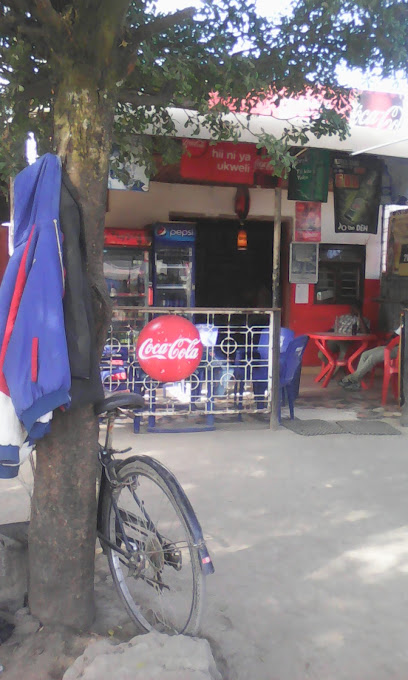
Maracana Lounge
Experience the vibrant culture of Uyole at Maracana Lounge, where great food, drinks, and atmosphere come together for an unforgettable night out.
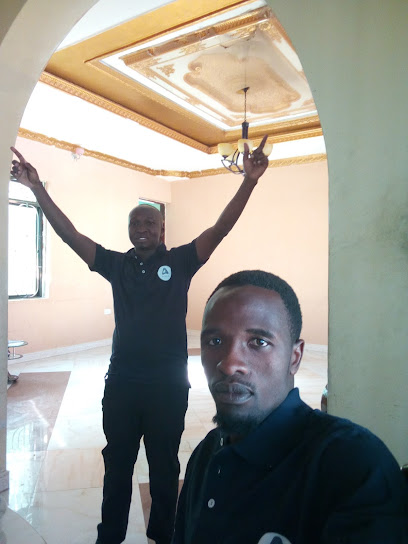
Kimboi Pub
Discover the lively atmosphere of Kimboi Pub, a favorite spot in Uyole for refreshing drinks and local camaraderie.
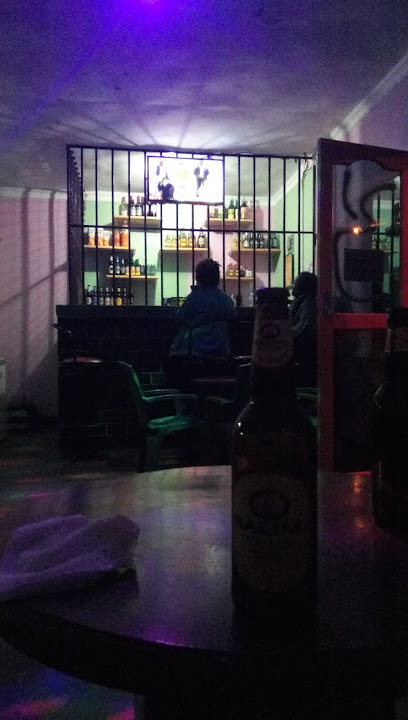
King Leaders Bar And Lodge
Discover the lively atmosphere and local flavors at King Leaders Bar And Lodge in Uyole, Tanzania, a perfect spot for relaxation and entertainment.
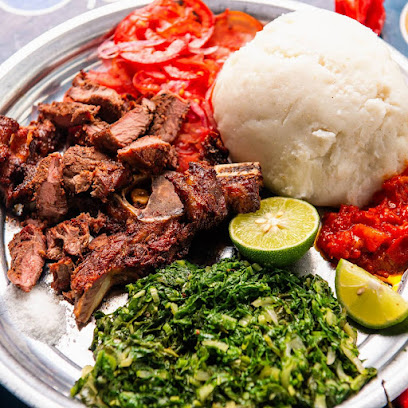
Dear mama pub
Discover the heart of Uyole at Dear Mama Pub, where local culture meets a lively atmosphere, perfect for unwinding with friends.

sifa lounge
Discover the cozy charm of Sifa Lounge in Uyole, where relaxation meets local culture in a welcoming atmosphere.

10 Million Pub
Immerse yourself in the lively local culture at 10 Million Pub, a vibrant social hub in Uyole offering a unique pub experience.
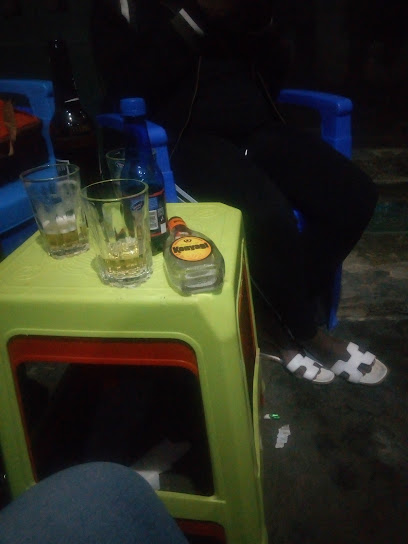
GAME OVER PUB
Discover the vibrant nightlife and local charm at Game Over Pub in Uyole, where unforgettable experiences and great company await.

Rock Bar and Guest House
Experience the vibrant nightlife and local flavors at Rock Bar and Guest House in Uyole, a perfect blend of relaxation and entertainment.

P Bar
Experience the vibrant nightlife of Uyole at P Bar, where local culture meets refreshing drinks in a lively atmosphere.

Local Phrases
-
- HelloShikamoo
[shee-kah-moh] - GoodbyeKwaheri
[kwa-heh-ree] - YesNdio
[nn-dee-oh] - NoHapana
[hah-pah-nah] - Please/You're welcomeTafadhali
[tah-fah-dah-lee] - Thank youAsante
[ah-sahn-teh] - Excuse me/SorrySamahani
[sah-mah-hah-nee] - How are you?Uko vipi?
[oo-koh vee-pee] - Fine. And you?Salama. Na wewe?
[sah-lah-mah. nah weh-weh] - Do you speak English?Unazungumza Kiingereza?
[oo-nah-zoon-goom-zah kee-in-geh-reh-zah] - I don't understandSielewi
[see-eh-leh-wee]
- HelloShikamoo
-
- I'd like to see the menu, pleaseNataka kuona orodha, tafadhali
[nah-tah-kah koo-oh-nah oh-roh-dhah, tah-fah-dah-lee] - I don't eat meatSili nyama
[see-lee nyah-mah] - Cheers!Mambo!
[mahm-boh] - I would like to pay, pleaseNingependa kulipa, tafadhali
[nee-ngeh-pehn-dah koo-lee-pah, tah-fah-dah-lee]
- I'd like to see the menu, pleaseNataka kuona orodha, tafadhali
-
- Help!Msaada!
[msah-ah-dah] - Go away!Nenda zako!
[nen-dah zah-koh] - Call the Police!Piga Polisi!
[pee-gah poh-lee-see] - Call a doctor!Piga daktari!
[pee-gah dahk-tah-ree] - I'm lostNimepotea
[nee-meh-poh-teh-ah] - I'm illMimi ni mgonjwa
[mee-mee nee m-gohn-jwah]
- Help!Msaada!
-
- I'd like to buy...Ningependa kununua...
[nee-ngeh-pehn-dah koo-noo-noo-ah] - I'm just lookingNatazama tu
[nah-tah-zah-mah too] - How much is it?Bei ni kiasi gani?
[beh-ee nee kee-ah-see gah-nee] - That's too expensiveHiyo ni ghali sana
[hee-yoh nee gah-lee sah-nah] - Can you lower the price?Unaweza kushusha bei?
[oo-nah-weh-zah koo-shoo-shah beh-ee]
- I'd like to buy...Ningependa kununua...
-
- What time is it?Saa ngapi?
[sah-ah ngah-pee] - It's one o'clockNi saa moja
[nee sah-ah moh-jah] - Half past (10)Nusu kumi
[noo-soo koo-mee] - MorningAsubuhi
[ah-soo-boo-hee] - AfternoonMchana
[m-chah-nah] - EveningJioni
[joh-ee-nee] - YesterdayJana
[jah-nah] - TodayLeo
[leh-oh] - TomorrowKesho
[keh-shoh] - 1Moja
[moh-jah] - 2Mbili
[mm-bee-lee] - 3Tatu
[tah-too] - 4Nne
[nn-neh] - 5Tano
[tah-noh] - 6Sita
[see-tah] - 7Saba
[sah-bah] - 8Nane
[nah-neh] - 9Tisa
[tee-sah] - 10Kumi
[koo-mee]
- What time is it?Saa ngapi?
-
- Where's a/the...?Iko wapi...?
[ee-koh wah-pee] - What's the address?Anuani ni ipi?
[ah-noo-ah-nee nee ee-pee] - Can you show me (on the map)?Unaweza kunionyesha (kwenye ramani)?
[oo-nah-weh-zah koo-nee-oh-nnyeh-shah (kweh-neh rah-mah-nee)] - When's the next (bus)?Gari la pili litakuja lini?
[gah-ree lah pee-lee lee-tah-koo-jah lee-nee] - A ticket (to ....)Tiketi (kwenda ...)
[tee-keh-tee (kwehn-dah ...)]
- Where's a/the...?Iko wapi...?
History of Uyole
-
Uyole's historical significance is rooted in its fertile lands which supported early agricultural communities. Archaeological evidence suggests that the area was inhabited by various ethnic groups, including the Ngoni and the Sumbawanga people, who practiced subsistence farming and animal husbandry. The cultivation of crops such as maize and millet established Uyole as a crucial agricultural hub in the Mbeya region.
-
During the late 19th century, Uyole came under German colonial rule as part of German East Africa. The Germans recognized the area's agricultural potential and introduced new farming techniques and cash crops, such as coffee and tea. This period saw the establishment of plantations and roads, which contributed to the region's economic development and integration into global trade networks.
-
Following Tanzania's independence in 1961, Uyole experienced significant changes as the government implemented policies aimed at promoting agricultural development and self-sufficiency. The establishment of cooperative societies played a crucial role in empowering local farmers and enhancing agricultural productivity. Additionally, the construction of schools and health facilities marked a commitment to improving the quality of life in the community.
-
Uyole is characterized by a rich tapestry of cultural diversity, home to various ethnic groups such as the Ngoni, Mbeya, and Sumbawanga. This diversity is reflected in the local customs, traditions, and languages spoken in the neighbourhood. Traditional ceremonies, dances, and festivals play a vital role in preserving the cultural heritage of the community, fostering a sense of identity and belonging among residents.
-
In recent decades, Uyole has undergone rapid urbanization, with an influx of people from rural areas seeking better economic opportunities. This growth has brought challenges, including increased demand for housing, infrastructure, and social services. Despite these challenges, Uyole remains a vibrant part of Mbeya, blending its historical roots with modern aspirations for development and progress.
Uyole Essentials
-
Uyole is accessible from various neighborhoods in Mbeya. The main transport hubs are the Mbeya Bus Terminal and the Mbeya Railway Station. From the bus terminal, you can take local buses or shared taxis (dala-dalas) that frequently head towards Uyole. The journey takes approximately 20 to 30 minutes, depending on traffic. If coming from the Mbeya Railway Station, local taxis are available, and it’s advisable to negotiate the fare before starting your journey.
-
In Uyole, public transportation options include dala-dalas, which are the most common form of public transport. They are affordable and connect most parts of the neighborhood. Private taxis are also available for hire, and renting a bicycle is a great way to explore the area at your own pace. Walking is another viable option for short distances, allowing you to take in the local scenery.
-
Uyole is generally safe for tourists, but standard precautions should be taken. It is advisable to avoid poorly lit areas at night and to be cautious when using ATMs. Certain areas, particularly near the bus terminal, can experience petty crime, so keep valuables secure and be aware of your surroundings. It is wise to travel in groups when possible, especially after dark.
-
In emergencies, dial 112 for police assistance or 999 for medical emergencies. There are hospitals and clinics in the area, but it’s advisable to have travel insurance that covers medical emergencies. For minor health issues, local pharmacies are available and stocked with basic medications.
-
Fashion: Do dress modestly, especially when visiting local religious sites. Avoid revealing clothing. Religion: Do respect local customs and participate in local traditions when invited. Public Transport: Do be courteous and give up your seat for the elderly. Don't eat or drink in public transport. Greetings: Do greet people with a handshake and a smile. Always use the right hand for greetings and handing over items. Eating & Drinking: Do try local dishes and accept food offerings graciously. Don't refuse hospitality, as it is considered rude.
-
To experience Uyole like a local, visit the local markets, especially the Uyole Market, where you can find fresh produce and traditional foods. Engage with local vendors; they often have fascinating stories to share about the neighborhood. Don't miss the opportunity to participate in local festivals or community events, as these provide insights into the culture and traditions of the region.
Trending Landmarks in Uyole
Nearby Cities to Uyole
-
Things To Do in Karonga
-
Things To Do in Iringa
-
Things To Do in Mzuzu
-
Things To Do in Kasama
-
Things To Do in Nkhata Bay
-
Things To Do in Dodoma
-
Things To Do in Tabora
-
Things To Do in Singida
-
Things To Do in Morogoro
-
Things To Do in Chipata
-
Things To Do in Salima
-
Things To Do in Lilongwe
-
Things To Do in Kigoma
-
Things To Do in Mangochi
-
Things To Do in Dar es Salaam









